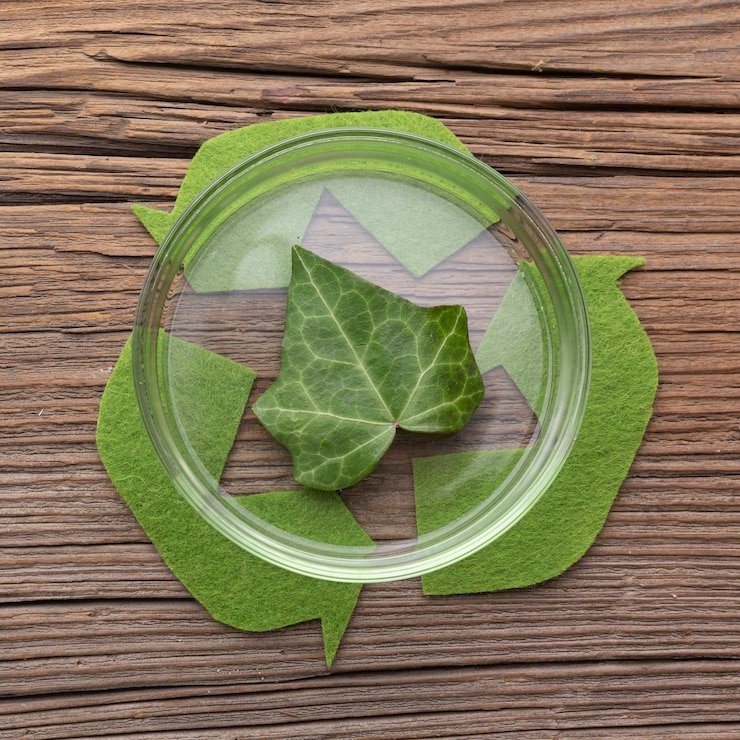On 21 May 2027 a new EU export ban will come into force. Exports of non-hazardous waste (including scrap metal) to non-approved non-OECD countries will be prohibited under EU law. In spite of its EU origins, the ban will have implications on global metal trade.
The European Union is implementing a significant regulatory change affecting the international trade of non-hazardous waste, including ferrous and non-ferrous scrap metal. On 21 May 2027, the EU will prohibit the export of select materials to non-OECD countries, unless those countries have received prior approval from the European Commission.
This move is part of the EU’s broader efforts to promote circular economy practices, reduce environmental harm associated with waste exports, and ensure that exported waste is managed sustainably in receiving countries. The policy will impact many countries, including the US scrap metal market. For example, the ban will bring opportunity for U.S. exporters, but also the need to meet higher environmental and compliance expectations.
As of today, 24 non-OECD countries have submitted applications to the European Commission in an effort to remain eligible to receive waste exports from the EU. These applicants include key global importers of scrap metal and other recyclable materials, such as India, Bangladesh, Vietnam and Egypt.
This policy is likely to have significant impacts on global recycling and scrap metal trade. For example, countries not approved by the EU might face major disruption to their supply chains and may need to seek alternative sources or strengthen domestic recycling capabilities. Also, the redirection of scrap metal flows could lead to price volatility, changes in trade routes, and a shift in investment towards upgrading waste management infrastructure in non-OECD countries.
MM Markets (mm-markets.com) is monitoring the European Commission’s implementation of the ban and we are able to help you navigate the change!



